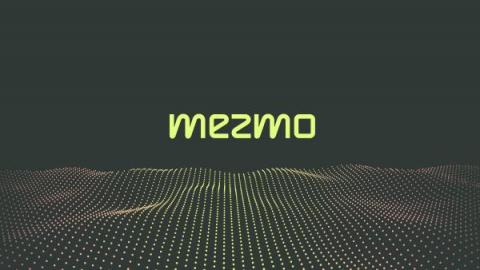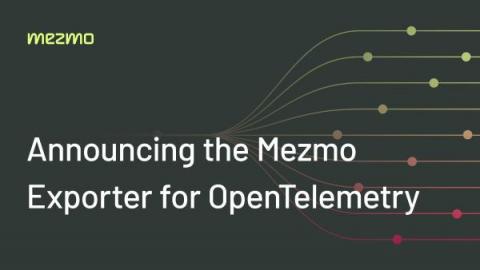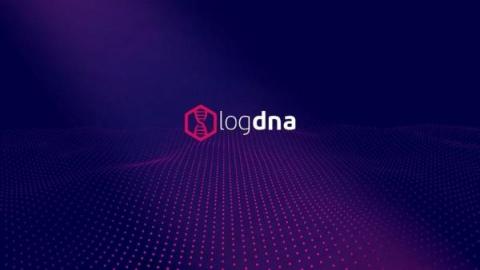Mezmo Named to Inc. 5000's List of Fastest Growing Companies in the Nation
Inc. is shining a light on Mezmo as one of the fastest growing companies in the nation. We are truly honored to be featured alongside innovative brands like Sentry and Calendly, who are building the future of tech. Our position on the list at number 695 reflects our 900% growth in revenue and 300% growth in the size of our team from 2018 to 2021.









